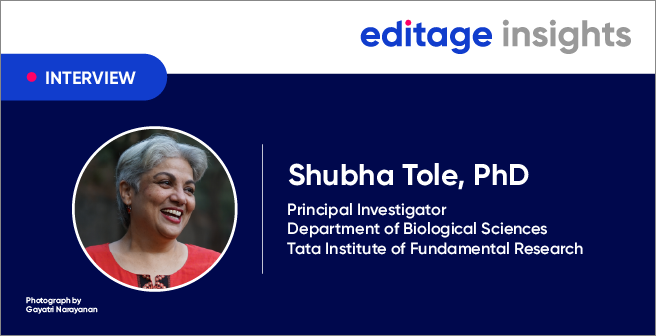The 7 lessons I learned during the first year of my PhD

1) Being passionate about a cause can be exhausting sometimes: I care a great deal about ocean conservation and, in particular, shark conservation. I have researched a lot and understand the facts and statistics about sharks; however, obviously a lot of people don’t understand or even care. I knew this, but whilst researching the public’s views of sharks for my first study, I kept seeing people who are happy for all the sharks in the world to be killed or who were really negative towards ‘Greenies.’ At first it was actually really disheartening for me to read, and there were some days where I needed to leave work a little early to go home and do something ‘happy’ to take my mind off of it.
2) It is easy to see why PhD timelines blow out: When I started my PhD, I was provided with a scholarship for three years and a ‘deadline’ of four years (before I pay for my studies). At the start it is easy to be naïve and think that this is a long time when your research is your ‘full time’ job. However, after spending 9 months exclusively working on my proposal, and reaching hiccups in my study, it is verrrry easy to see why many people do not finish in this time.
3) It is a steep learning curve: I feel like starting my PhD was one of the steepest learning curves I have encountered. I have grown as a researcher, student, and person.
4) I love the flexibility of my work: I feel truly blessed to be doing a job where I am not typically restricted by work hours. I have the ability to work late one day and sleep in on the next, or work for seven days straight and then go on an adventure the next week.
5) Spotify premium is worth it!
6) That most people do not know what a PhD is: This was one of the reasons for me starting this blog – to share the PhD world with people and hopefully allow people to understand the world of research; and perhaps even inspire people to start the journey for themselves. I learnt very early on that often when you tell people you have started a PhD, they have no idea what that means and sometimes it is easier to just say, “I do research for a university,” rather than explaining the concept of a PhD.
7) You need people in your corner: This may be peers, friends, family, your supervisor, or hopefully a combination of all of the above. You need people who understand what you are going through and can support you. Also remember that you could be this person for your PhD peers.
Brianna Le Busque (@BriannaLeBusque) or Dr. of What is a PhD candidate in Conservation Psychology. This story was published on February 12, 2017, on Brianna’s blog ‘dr.ofwhat?‘ (available here), and has been republished here with her permission.




